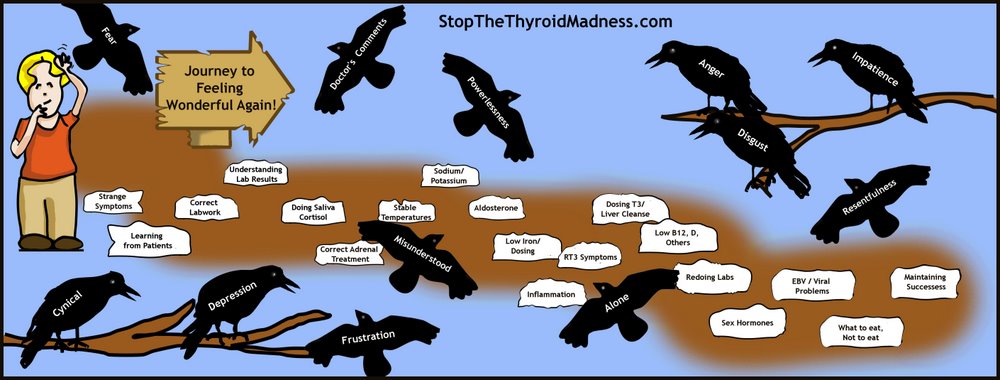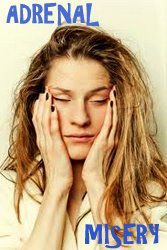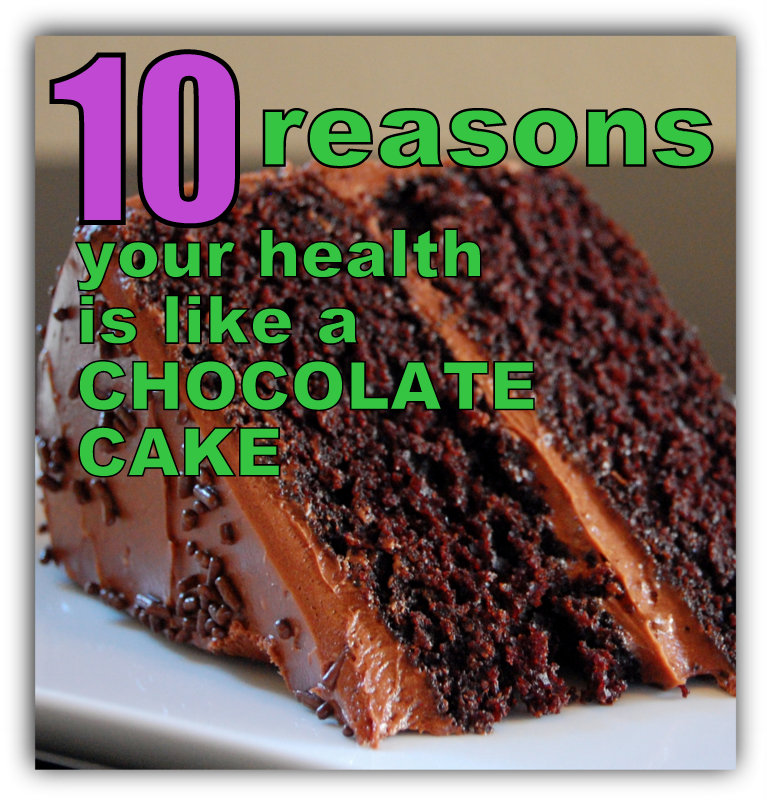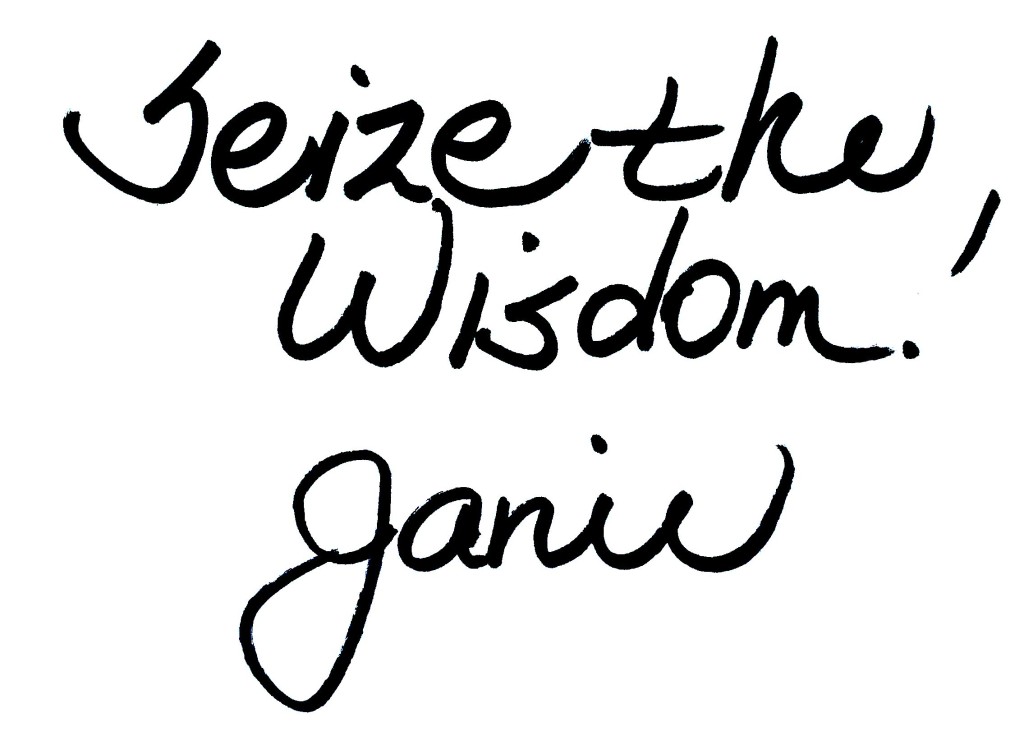Rhodiola, B-vitamins, Liver health, Depression & 5-HTP, VIt. D & asthma, plus the Road to Recovery!
(Though this page was written in 2011, it has been updated to the present date)
Are you enjoying the change in your weather? I am tremendously.
If you have the revised STTM book, you will note a brand new chapter about supplements and foods. I have also gathered up the following information on supplements that just might interest you!
 Rhodiola, an herb and adaptogen, can be a great way to counter stress and protect your adrenals!
Rhodiola, an herb and adaptogen, can be a great way to counter stress and protect your adrenals!
I often speak of certain herbs which thyroid patients should look into if they are under a lot of stress, or their adrenal cortisol saliva test shows slight sluggishness, or even slightly high cortisol, as a result of a variety of stressors. One in particular is Rhodiola Rosea, and I am frankly impressed with it.
Since Rhodiola grows wild in Siberia, Russians have been brewing it as a tea to combat sluggish energy for a long time! And the Chinese have been aware of its great properties for eons as well. As an adaptogen, it’s said to decrease fatigue, stimulate your energy levels, and lower depression, i.e. it can do a great job countering the effects of stress, whether biological or psychological. See this research study.
It’s also known as an anti-oxidant, and studies show it can have anti-tumor properties. Different brands of Rhodiola contain different amounts of its important properties, so read the label. You might want to avoid taking it in the evenings, as it can stimulate too much as you prepare for sleep. I keep Rhodiola on hand to use if I’m going through stress of any kind! P.S. Please note that Rhodiola won’t be enough if your cortisol levels are severely low. You may need hydrocortisone in working with your doctor.
 Why keeping your B-vitamin levels up can be so important!
Why keeping your B-vitamin levels up can be so important!
Early in my journey to feeling wonderful again with desiccated thyroid, I remember a doctor stating how important it was to keep up with my B’s. Why? Because with an improving metabolism means a greater need for B-vitamins. Additionally, we may not be absorbing nutrients very well due to excess food processing, so keeping up with this is critical, even if you don’t “feel†the results.
What’s the big deal with B vitamins? They help your adrenals deal with stress better, assisting the production of all adrenal hormones. i.e. your adrenals are BIG users of B vitamins. They help breakdown other nutrients, which improves energy. They help in the production of serotonin, thus helping you to avoid depression. They enhance your immune function, and help with your hair, skin and muscles. Wiki states they reduce the risk of getting pancreatic cancer.
I have tried to take liquid B-vitamins before, and despise the taste. So I use a good quality, high dose pill form. Some do better taking each B vitamin individually. Go here to read about vitamin B12 in particular, tho ALL of them are imporant.
 Are you supporting your liver? It’s actually important for thyroid patients.
Are you supporting your liver? It’s actually important for thyroid patients.
There have been many good discussions in the FTPO Facebook discussion groups about our livers. Why is that large organ so important? For one, it’s a major detoxer! We need it to function well to help remove that which we do NOT want in our bodies…such as excess RT3. It plays a strong role in digestion through the production of bile, helps breakdown carbs and proteins, produces insulin-like growth factor (IGF-1) and a bag full of other good activities. You can’t do well without good liver function.
How to support it? I am personally using a liquid product called Liver Life. It contains mushrooms and Milk Thistle seeds–both important for good liver function. Others also choose to do a liver cleanse to remove toxins, lower excess RT3 and improve liver function. I suggest talking to a Naturopath about good products, or do an internet search. Patients in groups can also help.
 Speaking of depression…look what 5-HTP did for this gal.
Speaking of depression…look what 5-HTP did for this gal.
Depression is all too common when on the inadequate T4-only meds like Synthroid or levothyroxine. Ridding it is one huge benefit of switching to desiccated thyroid, or correcting poor adrenal function and low iron. But there’s a possible solution until you better treat your thyroid–5-HTP. This chemical is a natural way to raise your serotonin levels, which helps to raise your mood.
One gal had severe depression (which in turn can cause suicidal thoughts in some.) Her Naturopath had an idea–to start taking 800 mg of 5-HTP a day, starting immediately with five pills before bedtime that very night. It worked. She explains “The 5-HTP took me back to the bubbly, happy me that was there before the thyroid problems began — at least emotionally.â€
 Have asthma or any lung condition? Then you may want to look at your Vitamin D levels, which are chronically low in thyroid patients.
Have asthma or any lung condition? Then you may want to look at your Vitamin D levels, which are chronically low in thyroid patients.
A female thyroid patient with low levels of Vitamin D got on supplementation with D3 to raise her levels. And to her complete surprise, her asthma went away. She explains: After I realized that my asthma was gone, I googled “Vitamin D and Lungs†and found out that it’s being studied all over the world. Here’s just one quote she picked up: “In a recent article from the American Journal of Respiratory and Critical Care Medicine, researchers looked at Vitamin D2 and D3 levels in adults with asthma. They also measured obstruction in the lungs in various ways. They reported a significant correlation between Vitamin D levels and lung obstruction. In other words, the lower the Vitamin D level, the more obstruction in the lungs. In addition, decreased or insufficient Vitamin D levels were linked to greater “twitchiness” of the lung, which makes the lungs more sensitive.â€
 Click on last link below to view the Road to Recovery in your thyroid journey.
Click on last link below to view the Road to Recovery in your thyroid journey.
When I do phone coaching, there is a common phrase I tell folks: Be prepared that there will be rocks in the road you’ll need to tackle, and it’s normal. So keep on keeping on. And to underscore that reality, thyroid patient Joan Trudo Steckelberg created a great image of this road for me: https://www.stopthethyroidmadness.com/the-road-to-recovery-a-visual-image/ Thank you, Joan!









 Anyone who listened to the
Anyone who listened to the  BRRRRR. In the US and many other countries, we are having one of the coldest winters we’ve seen in a long time. And if you are out in it alot, you may need a tad more thyroid meds to keep yourself optimal.
BRRRRR. In the US and many other countries, we are having one of the coldest winters we’ve seen in a long time. And if you are out in it alot, you may need a tad more thyroid meds to keep yourself optimal. 
